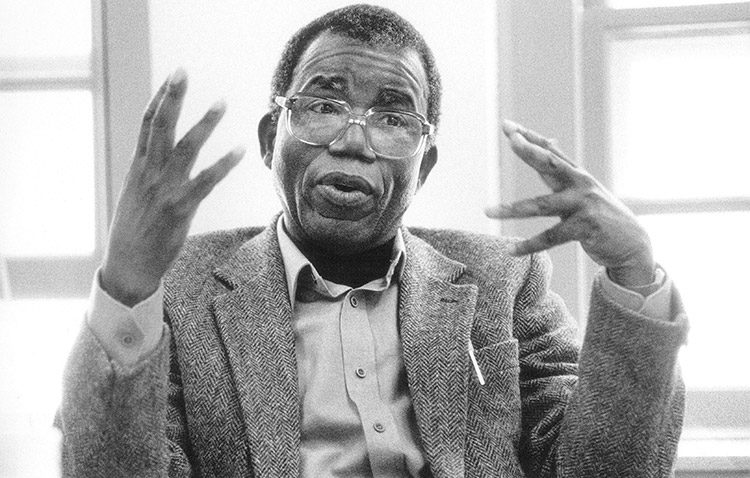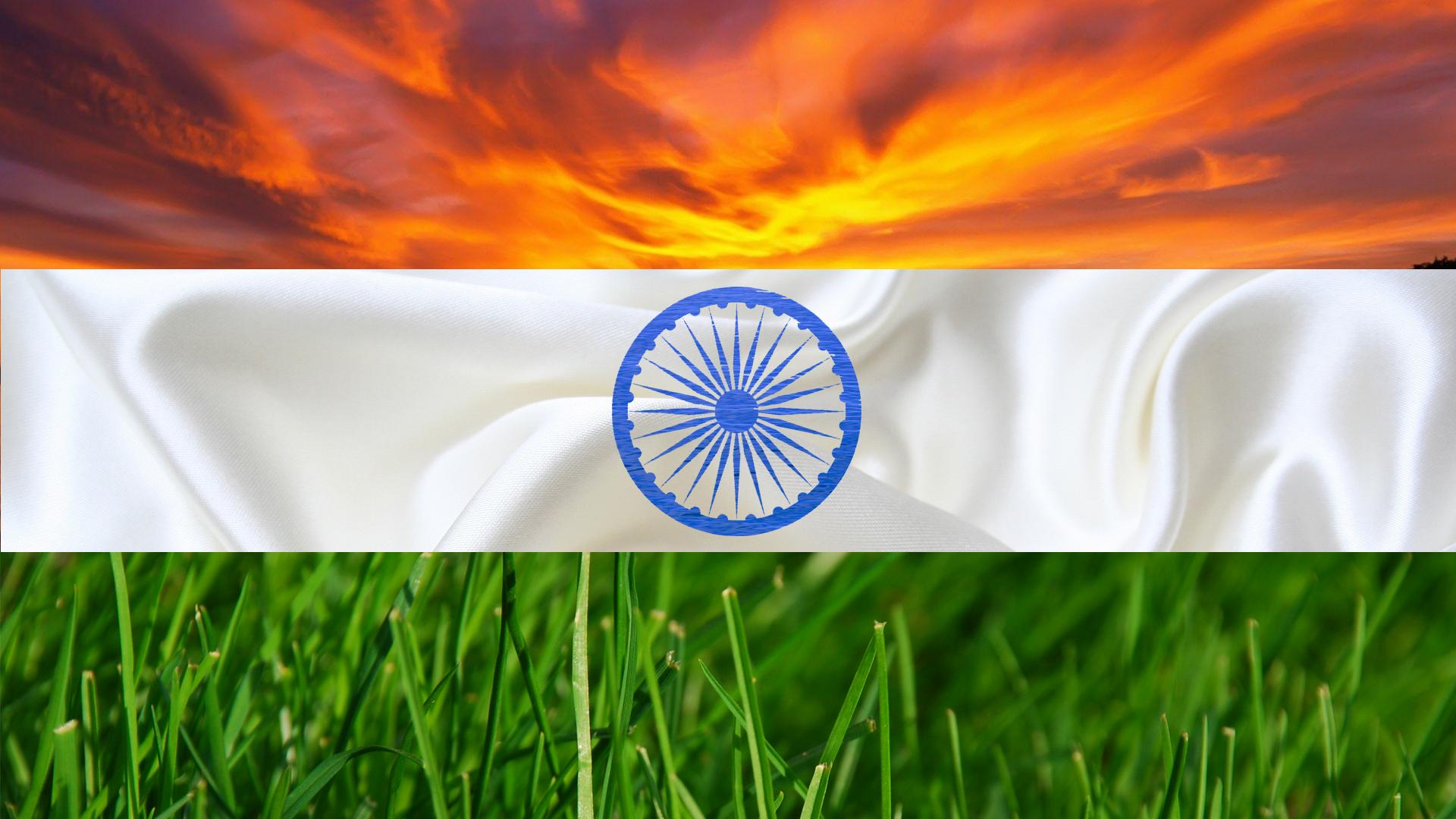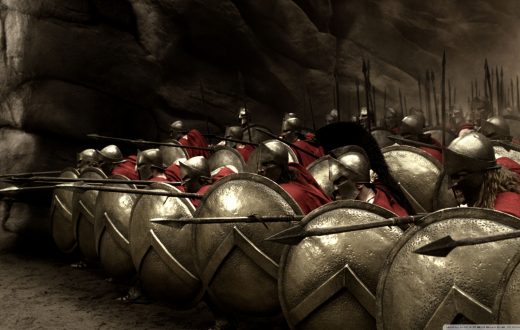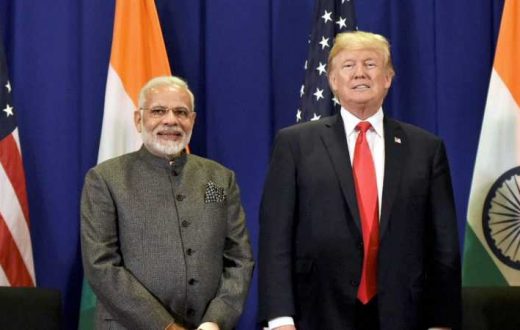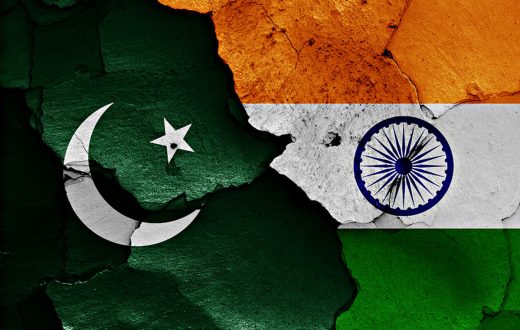Literature indubitably is the reflection of life and its animadversion as well as paints a realistic picture of society and its institutions. Suchlike is the predicament of African novelist Chinua Achebe’s 1966 novel “Man of the People” which talks of corrupt government leaders ruling an unnamed African country who hegemonize its citizens to amass support for their positive and unacceptable works both. They are prosperous by cause of prejudiced role media plays and absolves them from accountability while it demonizes any kind of opposition. Furthermore they attempt to silence the opposition either with the almighty dollar or the assassinations.
In the novel, the protagonist Odili is disillusioned in 1960 when the Prime Minister refuses to cut off coffee prices proposed by economic experts for the good of the country. Two-third of the cabinet upholds the decision and the one-third who do not, are called names oftentimes. The experts are barred to speak by rapacious ministers and their supporters. The ministers contending the move are served blows by angry mobs and labeled traitors. The mobs are never in mood to listen to any reason for the influence of Prime Minister’s speech. The press plays its part by publishing contorted versions of the opposition’s take on the matter. Rebellious ministers are driven out and Mr. Nanga (another character in the novel) is voted in Member Parliament. He within himself is an epitome of corruption. Together with another minister Mr. Koko, Mr. Nanga bribes Odili and his friend Max to withdraw their newly formed political party CPC from upcoming elections and subsequently Mr. Koko murders Max for he accepts money and continues the campaign. The villagers who aid CPC are penalized by Mr. Nanga’s party with the removal of “Rural Water Scheme” and it’s only after their reassured support, some parts of the scheme return to village. The novel ends with a military coup divulging the corruption of government and initiation of inquiries against its ministers.
What Achebe wrote about in 1966 is a pathway the nation of India noticeably walks upon after 2014 with the rise of Bharatiya Janata Party. Although the party claims zero tolerance towards corruption, many leaders with allegations of corruption against them find it a safe heaven. Besides, the discontinuance of survey which provides the rate of unemployment, opacity in Rafael deal, demonization, dismissal of criminal case of multiple hate speeches against Uttar Pradesh CM Yogi Adityanath, use of tax payer funds for Brahmin only facility by BJP MP in Jammu, bail to VHP leader Atul Vadia accused in Gulberg society massacre, suspension of an IAS officer who checks Prime Minister’s chopper and cases of money laundering against its various leaders are testimonials to the ecumenical corruption in the party. The conspicuous hypocrisy of the government is its adjudication to ban beef at home and top the exporters list each year. The mockery is its very own ministers in eastern India promise quality beef in exchange of their win in elections while it’s avaricious Ministers instigate and venerate their supporters in the northern and central India who lynch people on mere rumors of stealing cows or carrying beef. The victims and each and every one who opposes this barely condemned vicious cycle of violence is labeled a traitor, anti-national, anti-Hindu and asked to go to Pakistan. This fractured political discourse matches exactly to what Achebe talks of in his novel. Either you’re with the hegemonized mobs or an anti-national, a traitor. Nobody has the right to question government or its supporters for whatever they do.
The business Indian media does is exposed by commendable investigation carried out by “Cobra Post” (available on YouTube) which brings to notice the biased and venal nature of Indian media outlets who for a hefty sum are ready to carry soft Hindutva propaganda (manipulating Hinduism) initially to hardcore Hindutva ideology (the ideology of BJP) subsequently on their TV shows and newspapers. Before elections when the works of BJP are to be aired, some media outlets in India broadcast the reign of previous Congress government and their scandals exonerating the ruling party in a way similar to that of Mr. Nanga in the novel who prevents editors from publishing articles critical of their government. The shift in the trend of intial question, from “What work your government is doing or has done?” to “How you manage to do this much work?” asked to the leaders is witness to the fact that the ratings of press freedom in India are not aimlessly touching the ground. The fine example of demonization of opposition is the contortion of election manifesto of Congress by Indian media outlets pointing towards free electricity to Mosques and Churches while deliberately veiling the part of free electricity to Temples and referring to the issue of scholarship to Muslim students for overseas education and deliberately hiding the word “poor Muslim students” and the mention of SC, ST, EBC and OBC students. Not to forget the death threats to Ravish Kumar, Dhruv Rathee and the murder of Gauri Lankesh, all prominent critics of the ruling party accommodate in the cycle of silencing opposition.
Beyond doubt, common Indian masses will find theirselves in the shoe of the villagers penalized in the novel for supporting CPC and not Mr. Nanga’s political party by reason of aggressive and sinister attitude of the leaders of BJP who forewarn voters to vote for them or encounter ceasing of the funds for Panchayats, no jobs, no water to drink and even the shift of sins upon the people who vote against them.
Achebe names not the country in his novel because he seemes to be suggestive of his relevance in the impending era and more than 50 years after the publication, we can say that Achebe’s Africa is modern India. This indeed is a political turmoil in juxtaposition to the situation in Achebe’s novel wherein the leaders hegemonize the citizens, get involved in corruption and create a discourse according to which catechization of government is an anti-national deed and deserves punishment either by the might or mob.
Hariz Aftab is a student of Masters Program in English Literature in University of Jammu and can be contacted at aftabhariz@gmail.com

